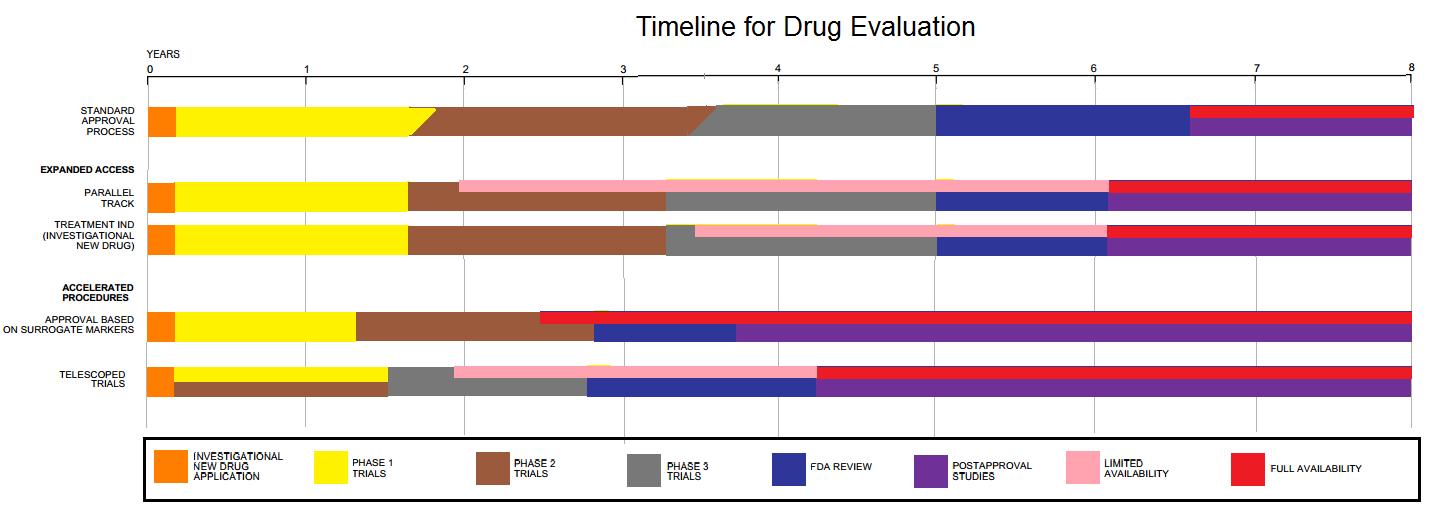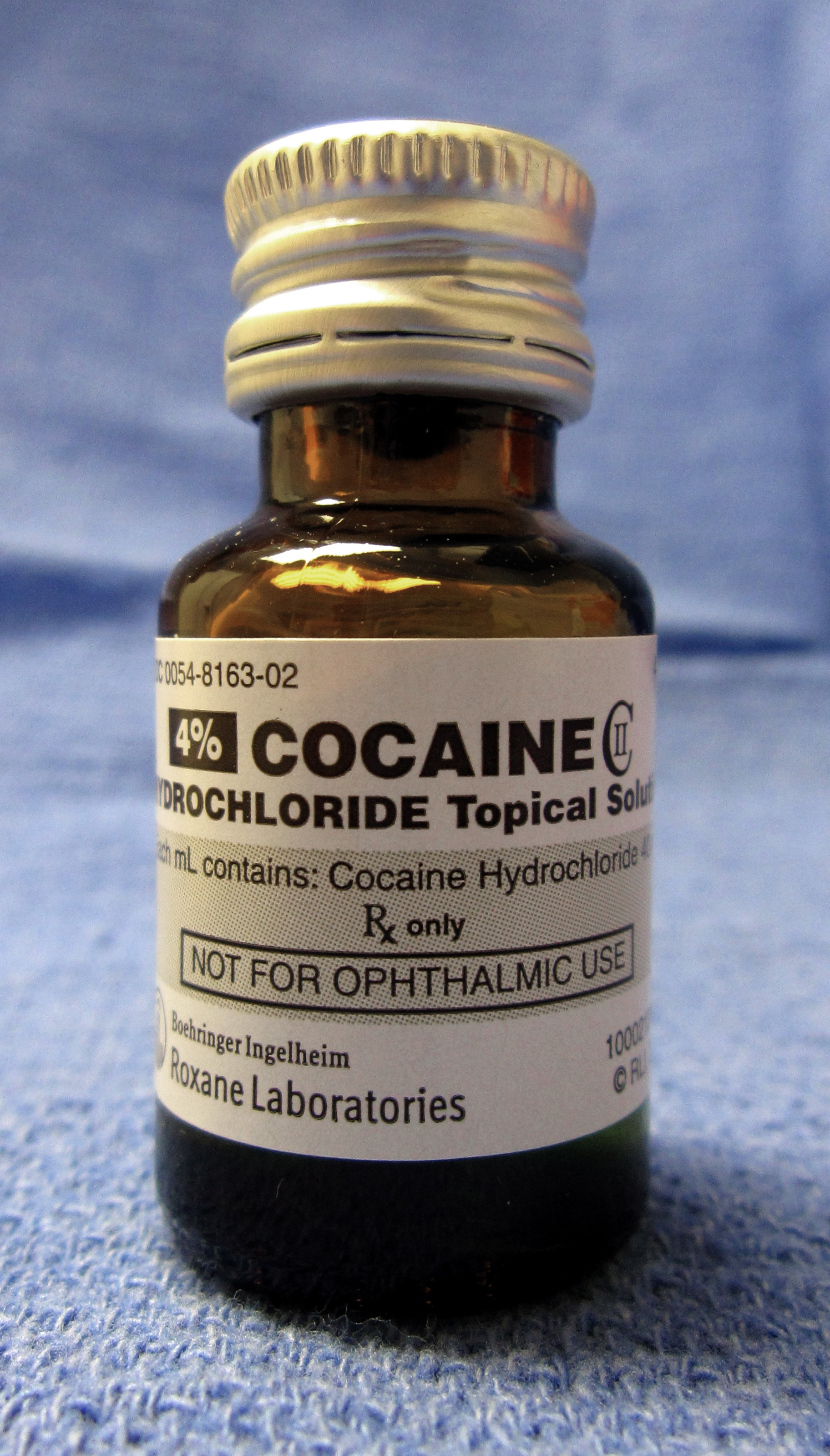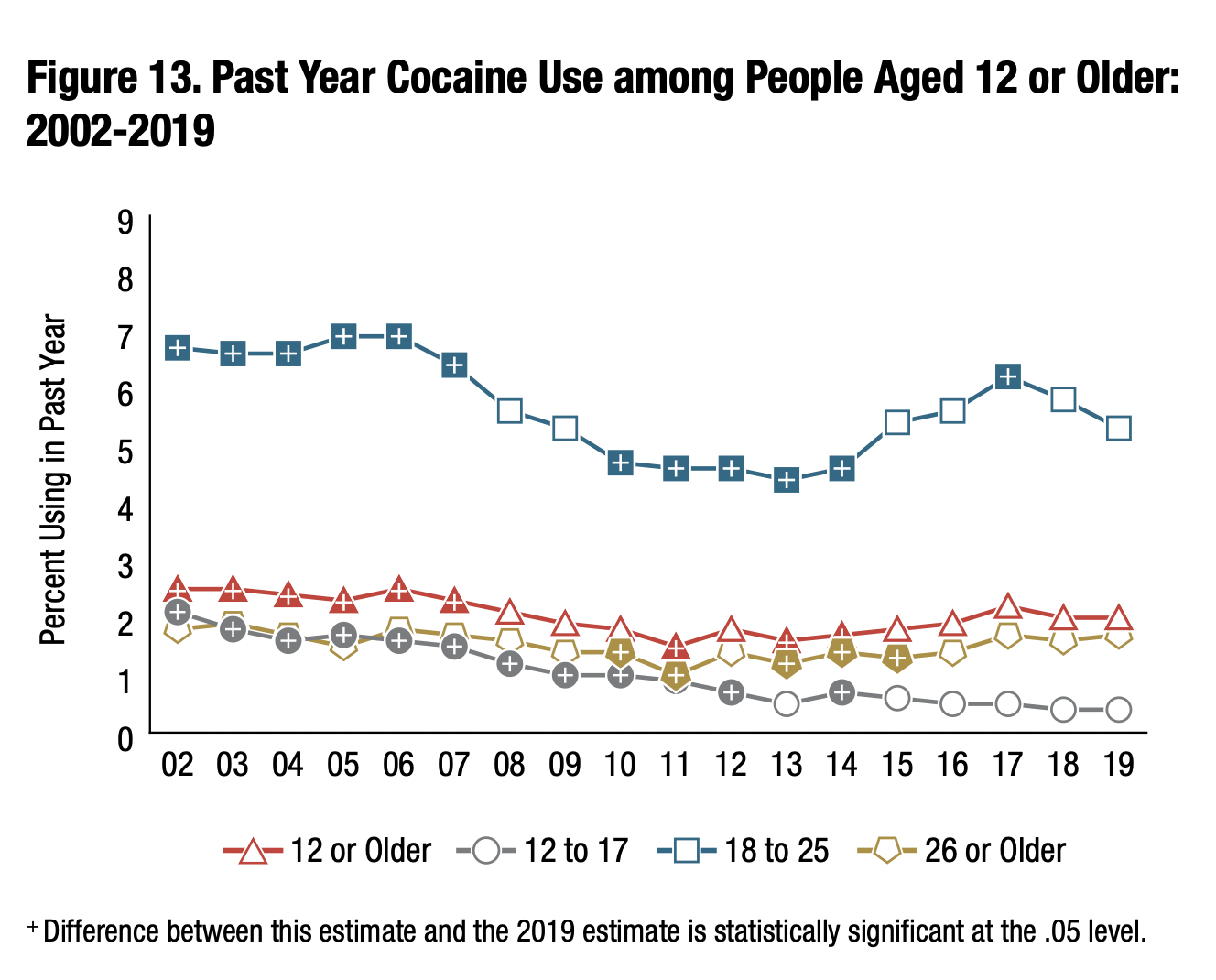|
NS-2359
NS-2359 (GSK-372,475) is a serotonin-norepinephrine-dopamine reuptake inhibitor. It was under development by GlaxoSmithKline (GSK) as an antidepressant, but was discontinued in 2009 when phase II clinical trials showed the drug was not effective and not well tolerated. The results did not support further effort by the company. NS-2359 was also in clinical trials for the treatment of ADHD, phase II having been completed in 2007. A phase I clinical trial exploring the effect of NS-2359 on cocaine-dependent A dependant is a person who relies on another as a primary source of income. A common-law spouse who is financially supported by their partner may also be included in this definition. In some jurisdictions, supporting a dependant may enabl ... individuals was completed in 2002. See also * Tesofensine References Ethers Serotonin–norepinephrine–dopamine reuptake inhibitors Chlorobenzenes Tropanes Abandoned drugs {{nervous-system-drug-stub ... [...More Info...] [...Related Items...] OR: [Wikipedia] [Google] [Baidu] |
Drug Development
Drug development is the process of bringing a new pharmaceutical drug to the market once a lead compound has been identified through the process of drug discovery. It includes preclinical research on microorganisms and animals, filing for regulatory status, such as via the United States Food and Drug Administration for an investigational new drug to initiate clinical trials on humans, and may include the step of obtaining regulatory approval with a new drug application to market the drug. The entire process – from concept through preclinical testing in the laboratory to clinical trial development, including Phase I–III trials – to approved vaccine or drug typically takes more than a decade. New chemical entity development Broadly, the process of drug development can be divided into preclinical and clinical work. Pre-clinical New chemical entities (NCEs, also known as new molecular entities or NMEs) are compounds that emerge from the process of drug discovery. Th ... [...More Info...] [...Related Items...] OR: [Wikipedia] [Google] [Baidu] |
GlaxoSmithKline
GSK plc, formerly GlaxoSmithKline plc, is a British multinational pharmaceutical and biotechnology company with global headquarters in London, England. Established in 2000 by a merger of Glaxo Wellcome and SmithKline Beecham. GSK is the tenth largest pharmaceutical company and #294 on the 2022 ''Fortune'' Global 500, ranked behind other pharmaceutical companies China Resources, Sinopharm, Johnson & Johnson, Pfizer, Roche, AbbVie, Novartis, Bayer, and Merck. The company has a primary listing on the London Stock Exchange and is a constituent of the FTSE 100 Index. , it had a market capitalisation of £70 billion, the eighth largest on the London Stock Exchange. It has a secondary listing on the New York Stock Exchange. The company developed the first malaria vaccine, RTS,S, which it said in 2014 it would make available for five percent above cost. Legacy products developed at GSK include several listed in the World Health Organization's List of Essential Medicines, such ... [...More Info...] [...Related Items...] OR: [Wikipedia] [Google] [Baidu] |
Antidepressant
Antidepressants are a class of medication used to treat major depressive disorder, anxiety disorders, chronic pain conditions, and to help manage addictions. Common side-effects of antidepressants include dry mouth, weight gain, dizziness, headaches, sexual dysfunction, and emotional blunting. There is a slight increased risk of suicidal thinking and behavior when taken by children, adolescents, and young adults. Discontinuation syndrome may occur after stopping any antidepressant which resembles recurrent depression. Some research regarding the effectiveness of antidepressants for depression in adults has found benefits, whilst other research has not. Evidence of benefit in children and adolescents is unclear. The twenty-one most commonly prescribed antidepressant medications are more effective than placebo for the short-term (acute) treatments of adults with major depressive disorder. There is debate in the medical community about how much of the observed effects of antidep ... [...More Info...] [...Related Items...] OR: [Wikipedia] [Google] [Baidu] |
Phases Of Clinical Research
The phases of clinical research are the stages in which scientists conduct experiments with a health intervention to obtain sufficient evidence for a process considered effective as a medical treatment. For drug development, the clinical phases start with testing for safety in a few human subjects, then expand to many study participants (potentially tens of thousands) to determine if the treatment is effective. Clinical research is conducted on drug candidates, vaccine candidates, new medical devices, and new diagnostic assays. Summary Clinical trials testing potential medical products are commonly classified into four phases. The drug development process will normally proceed through all four phases over many years. If the drug successfully passes through Phases I, II, and III, it will usually be approved by the national regulatory authority for use in the general population. Phase IV trials are 'post-marketing' or 'surveillance' studies conducted to monitor safety over sever ... [...More Info...] [...Related Items...] OR: [Wikipedia] [Google] [Baidu] |
Clinical Trial
Clinical trials are prospective biomedical or behavioral research studies on human participants designed to answer specific questions about biomedical or behavioral interventions, including new treatments (such as novel vaccines, drugs, dietary choices, dietary supplements, and medical devices) and known interventions that warrant further study and comparison. Clinical trials generate data on dosage, safety and efficacy. They are conducted only after they have received health authority/ethics committee approval in the country where approval of the therapy is sought. These authorities are responsible for vetting the risk/benefit ratio of the trial—their approval does not mean the therapy is 'safe' or effective, only that the trial may be conducted. Depending on product type and development stage, investigators initially enroll volunteers or patients into small pilot studies, and subsequently conduct progressively larger scale comparative studies. Clinical trials can vary i ... [...More Info...] [...Related Items...] OR: [Wikipedia] [Google] [Baidu] |
Therapy
A therapy or medical treatment (often abbreviated tx, Tx, or Tx) is the attempted remediation of a health problem, usually following a medical diagnosis. As a rule, each therapy has indications and contraindications. There are many different types of therapy. Not all therapies are effective. Many therapies can produce unwanted adverse effects. ''Medical treatment'' and ''therapy'' are generally considered synonyms. However, in the context of mental health, the term ''therapy'' may refer specifically to psychotherapy. History Before the creating of therapy as a formal procedure, people told stories to one another to inform and assist about the world. The term "healing through words" was used over 3,500 years ago in Greek and Egyptian writing. The term psychotherapy was invented in the 19th century, and psychoanalysis was founded by Sigmund Freud under a decade later. Semantic field The words ''care'', ''therapy'', ''treatment'', and ''intervention'' overlap in a s ... [...More Info...] [...Related Items...] OR: [Wikipedia] [Google] [Baidu] |
Attention-deficit Hyperactivity Disorder
Attention deficit hyperactivity disorder (ADHD) is a neurodevelopmental disorder characterised by excessive amounts of inattention, hyperactivity, and impulsivity that are pervasive, impairing in multiple contexts, and otherwise age-inappropriate. ADHD symptoms arise from executive dysfunction, and emotional dysregulation is often considered a core symptom. In children, problems paying attention may result in poor school performance. ADHD is associated with other neurodevelopmental and mental disorders as well as some non-psychiatric disorders, which can cause additional impairment, especially in modern society. Although people with ADHD struggle to focus on tasks they are not particularly interested in completing, they are often able to maintain an unusually prolonged and intense level of attention for tasks they do find interesting or rewarding; this is known as hyperfocus. The precise causes of ADHD are unknown in the majority of cases. Genetic factors play an impor ... [...More Info...] [...Related Items...] OR: [Wikipedia] [Google] [Baidu] |
Phase I Clinical Trial
The phases of clinical research are the stages in which scientists conduct experiments with a health intervention to obtain sufficient evidence for a process considered effective as a medical treatment. For drug development, the clinical phases start with testing for safety in a few human subjects, then expand to many study participants (potentially tens of thousands) to determine if the treatment is effective. Clinical research is conducted on drug candidates, vaccine candidates, new medical devices, and new diagnostic assays. Summary Clinical trials testing potential medical products are commonly classified into four phases. The drug development process will normally proceed through all four phases over many years. If the drug successfully passes through Phases I, II, and III, it will usually be approved by the national regulatory authority for use in the general population. Phase IV trials are 'post-marketing' or 'surveillance' studies conducted to monitor safety over severa ... [...More Info...] [...Related Items...] OR: [Wikipedia] [Google] [Baidu] |
Cocaine
Cocaine (from , from , ultimately from Quechuan languages, Quechua: ''kúka'') is a central nervous system (CNS) stimulant mainly recreational drug use, used recreationally for its euphoria, euphoric effects. It is primarily obtained from the leaves of two Coca species native to South America, ''Erythroxylum coca'' and ''Erythroxylum novogranatense''. After extraction from coca leaves and further processing into cocaine hydrochloride (powdered cocaine), the drug is often Insufflation (medicine), snorted, applied topical administration, topically to the mouth, or dissolved and injection (medicine), injected into a vein. It can also then be turned into free base form (crack cocaine), in which it can be heated until sublimated and then the vapours can be smoking, inhaled. Cocaine stimulates the mesolimbic pathway, reward pathway in the brain. Mental effects may include an euphoria, intense feeling of happiness, sexual arousal, psychosis, loss of contact with reality, or psychomo ... [...More Info...] [...Related Items...] OR: [Wikipedia] [Google] [Baidu] |
Cocaine Dependence
Cocaine dependence is a neurological disorder that is characterized by withdrawal symptoms upon cessation from cocaine use. It also often coincides with cocaine addiction which is a biopsychosocial disorder characterized by persistent use of cocaine and/or crack despite substantial harm and adverse consequences. The Diagnostic and Statistical Manual of Mental Disorders (5th ed., abbreviated DSM-5), classifies problematic cocaine use as a " Stimulant use disorder". The International Classification of Diseases (11th rev., abbreviated ICD-11), includes "Cocaine dependence" as a classification (diagnosis) under "Disorders due to use of cocaine". The use of cocaine creates euphoria and high amounts of energy. If taken in large doses, it is possible to cause mood swings, paranoia, insomnia, psychosis, high blood pressure, a fast heart rate, panic attacks, seizures that are extremely difficult to control, cognitive impairments and drastic changes in personality. Cocaine overdose may re ... [...More Info...] [...Related Items...] OR: [Wikipedia] [Google] [Baidu] |
Tesofensine
Tesofensine (NS2330) is a serotonin–noradrenaline–dopamine reuptake inhibitor from the phenyltropane family of drugs, which is being developed for the treatment of obesity. Tesofensine was originally developed by a Danish biotechnology company, NeuroSearch, who transferred the rights to Saniona in 2014. As of 2019, tesofensine has been discontinued for the treatment of Alzheimer's and Parkinson's disease but is in phase III clinical trial for obesity. History Tesofensine was originally investigated for the treatment of Alzheimer's disease and Parkinson's disease, and was subsequently dropped from development for these applications after early trial results showed limited efficacy for treatment of these diseases. However, weight loss was consistently reported as an adverse event in the original studies, especially in overweight or obese patients. Therefore, it was decided to pursue development of tesofensine for the treatment of obesity. Tesofensine primarily acts as an ... [...More Info...] [...Related Items...] OR: [Wikipedia] [Google] [Baidu] |


.jpg)


